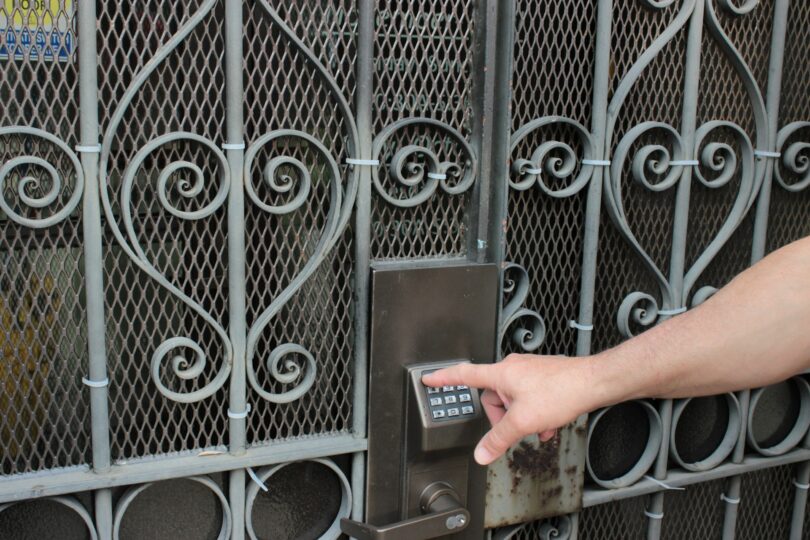Last week, the Centers for Medicare and Medicaid Services announced a new pilot project that will test the use of prior authorization in Traditional Medicare on 17 services, Alan Condon reports for Becker’s Hospital Review. The goal is to reduce the use of wasteful and inappropriate services in Traditional Medicare.
As with most government policies that might sound good on their face, the devil is in the details. For sure, some providers deliver some unnecessary services in traditional Medicare, e.g. hospice care. And, mechanisms should be in place to stop them.
The question is which services will require prior authorization, how easy will it be to get prior authorization, how quickly will the process work, could a delay or denial endanger the health and well-being of people and will companies that partner with CMS have a financial incentive to delay and deny care?
We know that health insurers in Medicare Advantage use prior authorization excessively, burden providers significantly, delay and deny care inappropriately, and harm their enrollees in the process. The HHS Office of the Inspector General has twice found widespread and persistent inappropriate delays and denials of care and coverage in Medicare Advantage. The insurers’ financial incentive in MA is to deny care, yet the Traditional Medicare government contractor will have a similar incentive, as the CMMI model is written.
CMMI built a conflict of interest built into the model. In this new traditional Medicare prior authorization pilot, companies will get a percentage of the government savings they realize from denying payment for unnecessary services. The companies will want to deny as much care as they can get away with. The question is whether the government will let their contractors get away with inappropriate denials or will it make sure that all denials are based on credible evidence?
CMS is saying that clinicians, not AI algorithms, will determine whether Medicare should cover services. The services for which people will need prior authorization include deep brain stimulation for people with Parkinson’s Disease, epidural steroid injections for pain management, cervical fusion, skin and tissue substitutes and arthroscopy for knee osteoarthritis. Inpatient-only and emergency services are exempted from the model. The pilot will launch in Arizona, Washington, New Jersey, Texas and Oklahoma.
Here’s more from Just Care:










